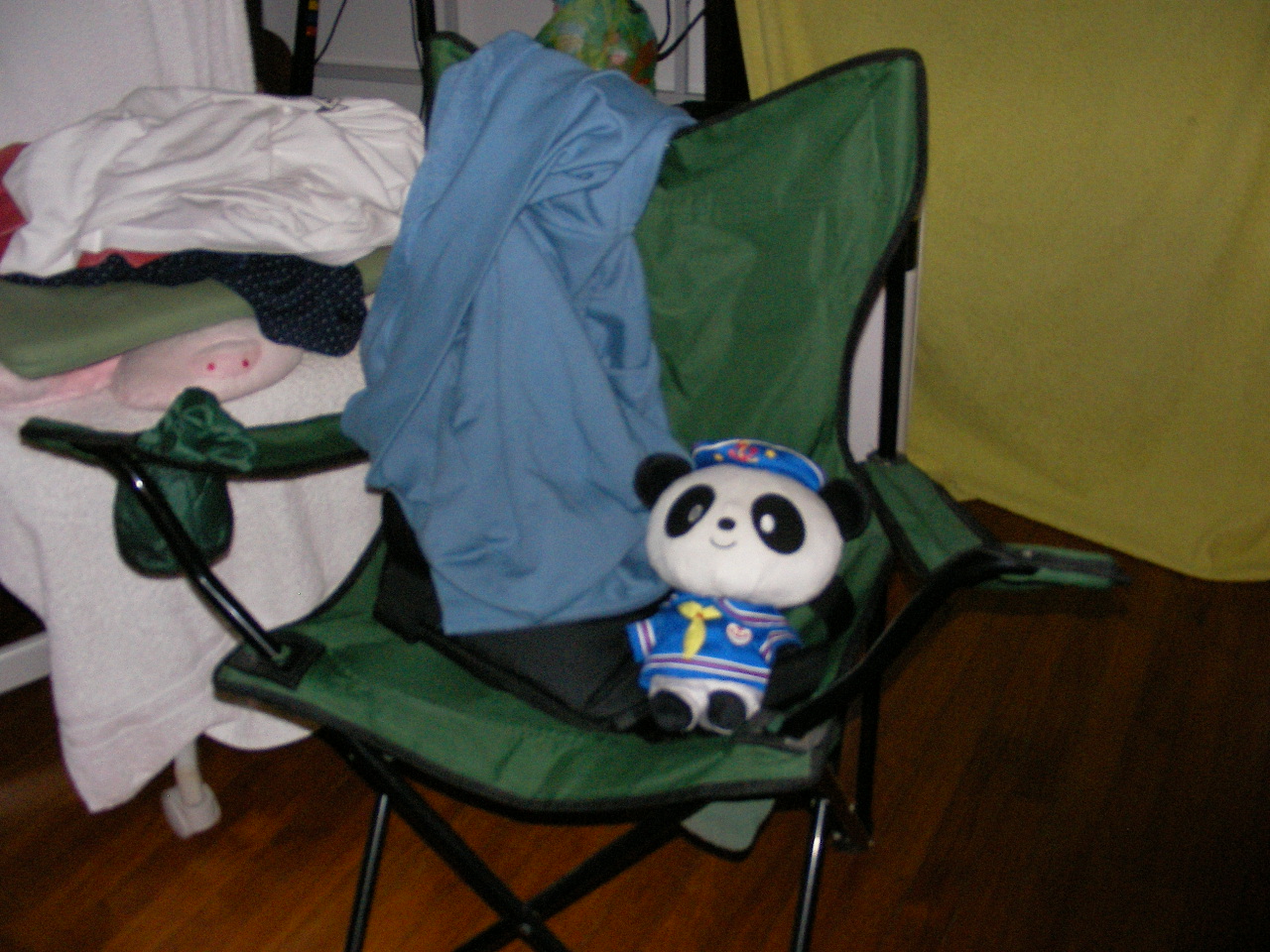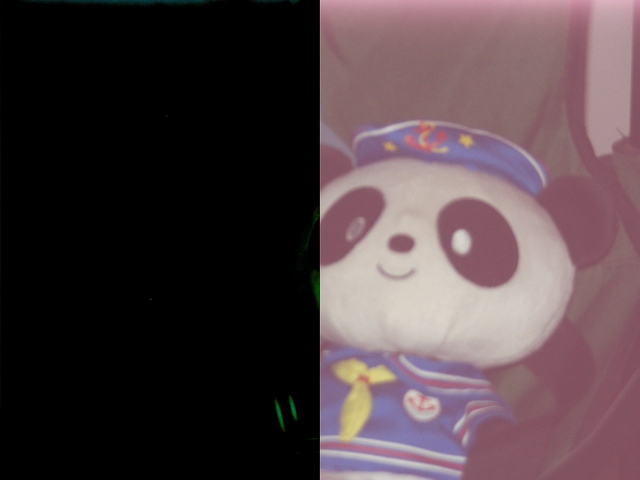=======
memories & memory
For the longest time, we have struggled with backing up data, and memories. Video game recordings alone are totalling over a terabyte at this point, and I've had to resort to randomly Thanos snapping large chunks at once just to keep it managable.
Our childhood memories are saved in standard definition, digital video. Go back far enough and there's tapes of us yelling and singing in the bathtub. But for many people growing up today, those will be in colour, 60 FPS, 4K resolution video. When we look back at records of the industrial revolution, things feel foreign. Black & White photos, choppy grainy footage, people holding their most serious face for a painting...
Changes in the way we store our memories change the way we remember them. The 'filters of the past', as I like to think of them, are undoubtly weakening as we have the ability to save more and more of our lives, in more vivid detail. How does that affect one's perception of time, their past, theirselves?
I understand my viewpoint may be strange, my life experience not universal. That perhaps not every person looks at their past and memories with an overwhelming feeling of... strangeness... an otherworldliness? But the filter has meant something to me.
...
I've recently picked up using our old family camcorder. 2006 model, fairly high-spec for the time. The HD mode just looks like a cheap smartphone camera from 2015, it crops too much of the limited field-of-view, and fills up a storage device faster than it has any right to. Standard-definition it is then. 480p at 3 or 2 Mbps, a 60fps mode for slowmo or action shots, and a 0.6 Mbps mode at 240p. Yummy. There's also a pretty decent still-photo mode with flash. When I take an evening or night photo without flash, I see either a grainy mess, a smushy combo of long exposure and shaky hand, or black. When I take it with flash, I see...
I see where I used to be.
The vanishing of camera flash as small camera sensors got better (and didn't need the extra light anymore) is one of those things you never realized was slowly happening until you look back. There's certainly something about the way it frames an image, right?


=======
marie kondo and the unmedicated adhd
Can't find every single one I remember, but one good thing that came from spending a little too much time looking at YouTube videos was exposure to some pretty helpful ideas. It was a kind of slow-burn, washing over me of a mindset that can be boiled down to this:
- Never rely on future willpower/motivation/discipline/restraint (whatever you want to call it).
- Identify what 'sparks joy' or is genuinely beneficial in your life, and realize all else is a distraction or worse.
- Your attention and time is precious.
Struggle to consistently do the harder but healthier thing? Take advantage of the bursts of willpower that you DO have to make the healthiest option the easiest option. Leave the water bottle in the bag. Keep the potato chips and social media apps in the drawer. Turn off notifications as much as you reasonably can.
With this camcorder, instead of an SD card that you can buy new today (32 GB minimum, and even that is hard to find) or the SD card that would have been bundle with it at the time (2GB), we used what we had lying around. A 30 MB card. That's just enough to reasonably keep a single day's worth of memories, if you're okay with a day's memory being 4 minutes of choppy 240p video and 8 photographs. I don't have to rely on restraint not to fill up too much storage space, I don't constantly stop to photograph EVERYTHING anymore. I've also realized that this method makes choosing what to delete easier for me.
Since the small SD card is on the scale of a day, I make choices of what to create and delete on the scale of a day.
This is how I learn to live with ADHD
=======
this isn't the kind of pet-play i was expecting
Don't have enough energy to go into detail on this one, but today I spent an entire day out without using my smartphone except to make a single call (and it went right back to being ignored after that). We live in a world of the attention-economy. Where social media platforms steal your attention away from the people around you, who then feel the need to steal that attention back for themselves on social media platforms just to feel like a human being. Maybe I'm just projecting, or ignorant of the time before me, but I feel we live in an age of desperate people, giving up all their privacy and decency just to feel seen. Like the proverbial ladder to the top is other people's need to be loved.
At least I feel a little better after writing that.
=======
can't think of a name for this bit
Straying from the current norm of smartphones, social media, and modern tech in general is, for many, a matter of mental health. What I haven't heard anyone mention is the desire to live like the people you grew up seeing on TV. They... did things! Went places, talked, had adventures. You know what none of them did? Use their phone all day, unless it was the caricature of a braindead texting-addicted teenager. This ghost boy (points to self) has been feeling ALIVE by doing things and going to places and INTERACTING WITH OBJECTS! The smartphone is the least tactile possible interface (except like, voice commands or eye-tracking). I think there's always been some feeling that having seperate things for seperate functions is better, and our current experiemnts seem to validate that. There's something very alive about this new old way of living.
EVERYTHING ON THE PHONE IS AN ABSTRACTION!!! A REPRESENTATION OF A REAL THING THAT IS OVERTAKING WHAT IT REPRESENTS!!! USING A CAMCORDER INSTEAD OF MY SMARTPHONE FOR ONE DAY IS MAKING ME FEEL LIKE I AM GOING SUPER SAIYAN!!!
=======
Found this interesting? Watch these!
Sory for spending so long yapping without any real structure. Anyway, here's something further reading/watching if you want more, just be careful not to spend five hours doomscrolling on YouTube. (...or would it be 'doom staring'?)
=======
Maybe I'll write a part two? There were some ideas I couldn't squeeze in. I'll have more energy tommorow.





